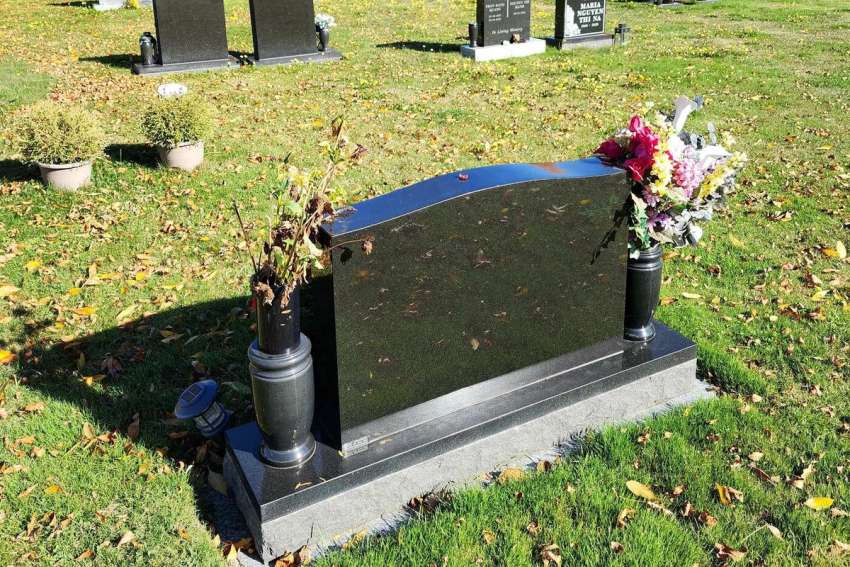VANCOUVER -- Peter Nobes stood in a Nova Scotia cemetery filled with a void as he realized that his search for his great-great-grandfather’s grave was fruitless. There were no markings, no records; the grave had been lost to time.
For the director of Catholic Cemeteries in Vancouver, that personal journey illustrated for him the painful reality of uncared-for cemeteries. In the wake of Canada’s attempt to deal with the complex history behind residential school graves, it also shows the need to redefine what cemeteries can be — vibrant spaces where stories and legacies live on.
“It breaks my heart seeing so many abandoned or poorly cared for cemeteries in our country,” said Nobes, whose vision is to turn cemeteries into hubs of learning, culture and memory preservation.
The idea is rooted in the power of storytelling and involves digitizing records and encouraging community contributions to make the rich histories of those interred more accessible.
To an extent, Nobes is already implementing his vision. Gardens of Gethsemani Cemetery now offers resources for genealogy enthusiasts, including a website (myfamilystory.ca) and a “locate a loved one” feature on its website where friends and family can post memories of the deceased.
During a recent meeting with Dr. Ryan Lehto, a DNA scientist in Thunder Bay, Ont., the two discussed potential collaborations on projects that would combine ministry, science and memorialization of the lives of those buried in Canada’s cemeteries.
“Researching and bringing these stories to life emphasizes the true value of cemeteries beyond being final resting places for individuals. They are, in fact, places of culture and history, much like a museum,” said Lehto, whose experience includes working with First Nations communities and ground penetrating radar.
“Many (First Nations) narratives exist primarily in oral traditions, risking the loss of invaluable insights into the past,” Lehto wrote in a recent article about turning burial grounds into centres of learning and culture. “Cemeteries, however, provide an opportunity to memorialize these leaders and figures who might otherwise remain hidden in the annals of verbal history. By collaborating with local schools and universities, cemeteries can actively address this underrepresentation and ensure that the legacies of these leaders are preserved for future generations.”
Canada’s struggle to deal with the legacy of the residential school system and its treatment of First Nations communities emphasizes the need for respectful, accurate memorialization, said Nobes.
“A wooden cross placed on a grave 50 years ago has weathered away,” he noted, adding that poor record-keeping has exacerbated the complex issue of residential school cemeteries.
But even in these tragedies, Nobes sees an opportunity for healing and education.
He points to B.C. communities like Phoenix, Granite City and Westwold which have taken on the maintenance of once-neglected cemeteries.
But there are still countless others waiting for renewal.
“Sadly, unmarked graves are a common human experience” that points to the need for better memorialization practices, Nobes said.
Lehto said cemeteries harbour tales of heroism, “from a fallen soldier to a local leader who left an indelible impact on the community.” Researching and bringing these stories to light “emphasizes the true value of cemeteries beyond being final resting places for individuals; they are, in fact, places of culture and history that need to be elevated and preserved much like a museum.”
He envisions cemeteries as immersive educational landscapes with digital archives telling the stories of those who rest there.


